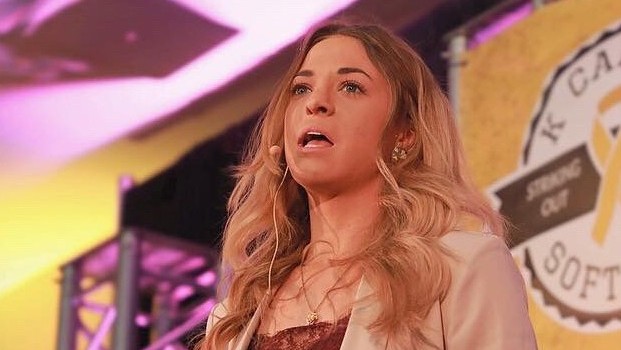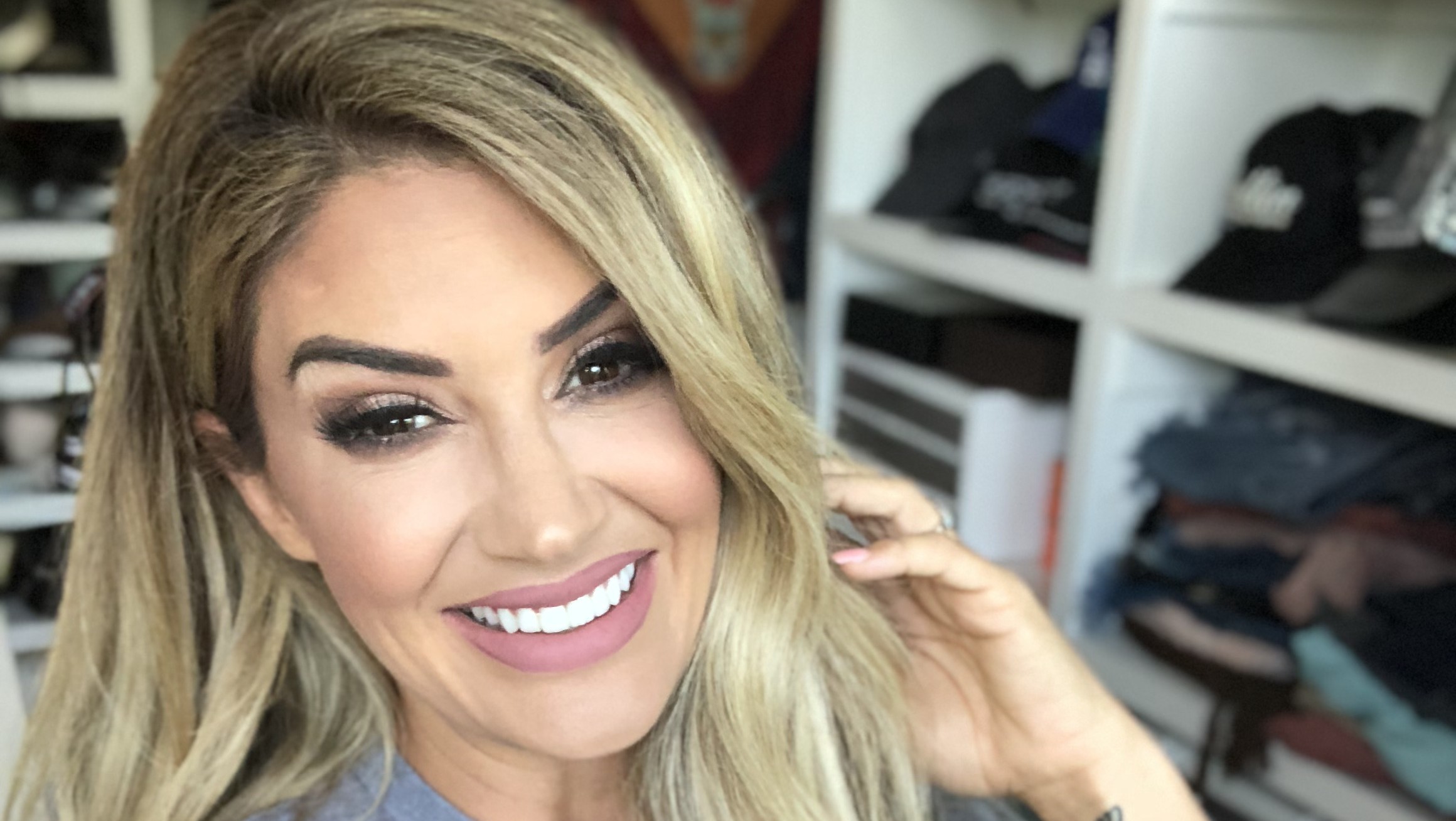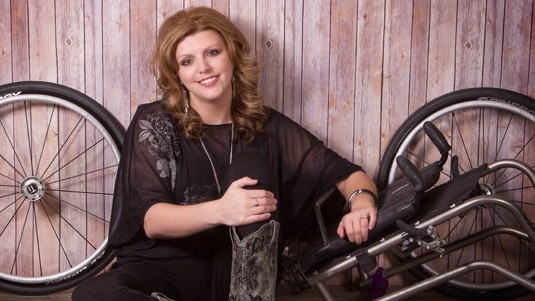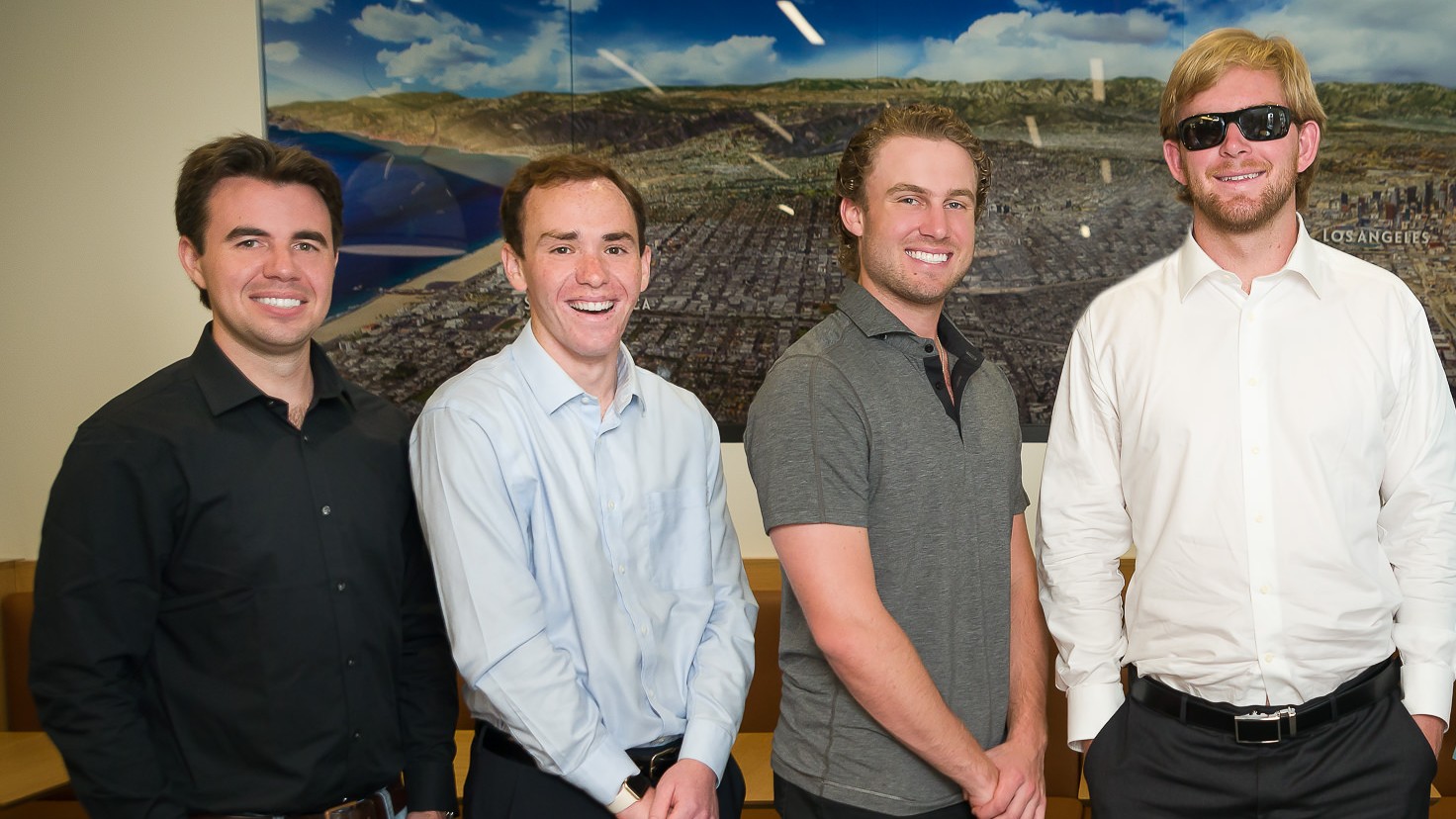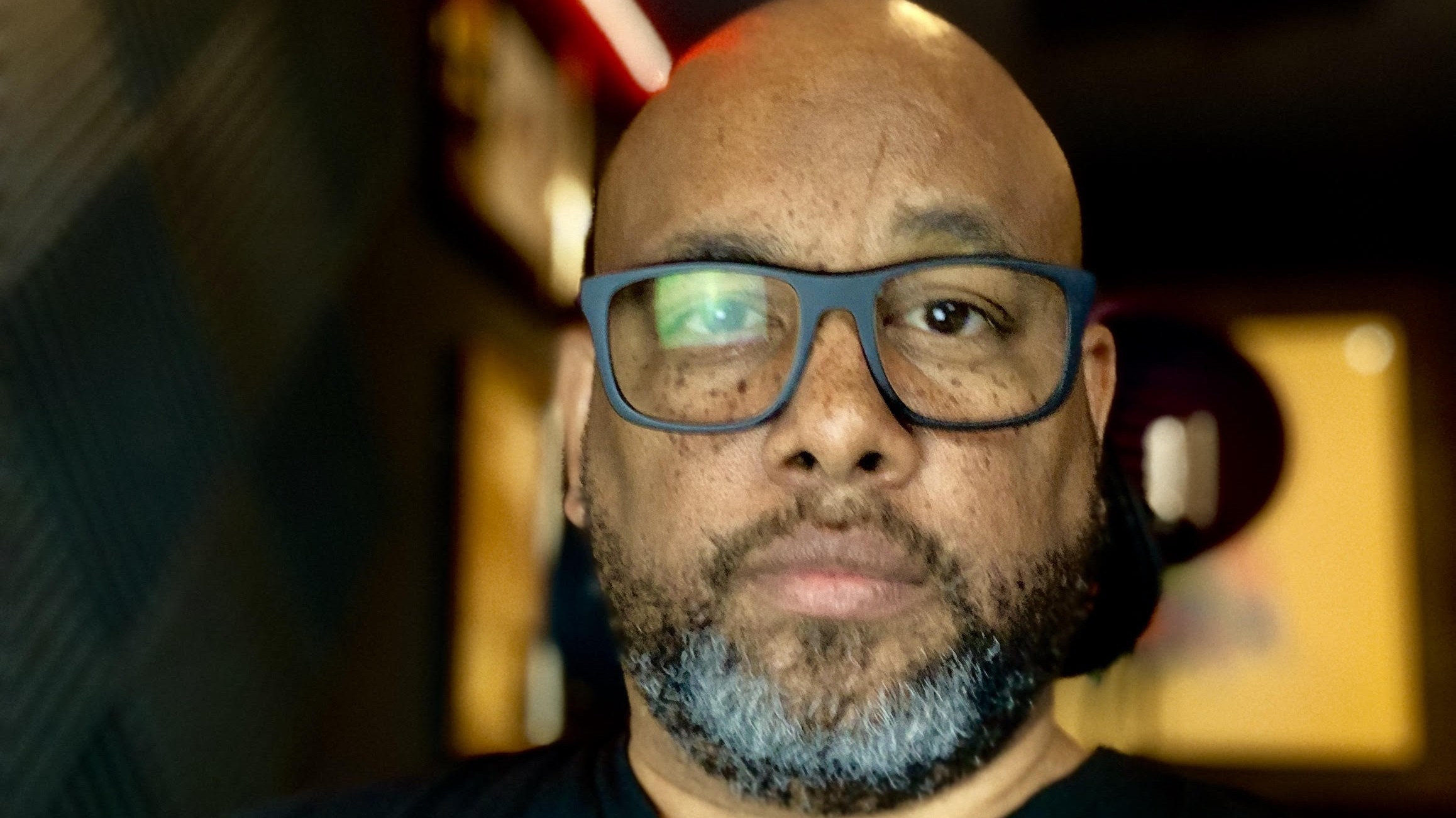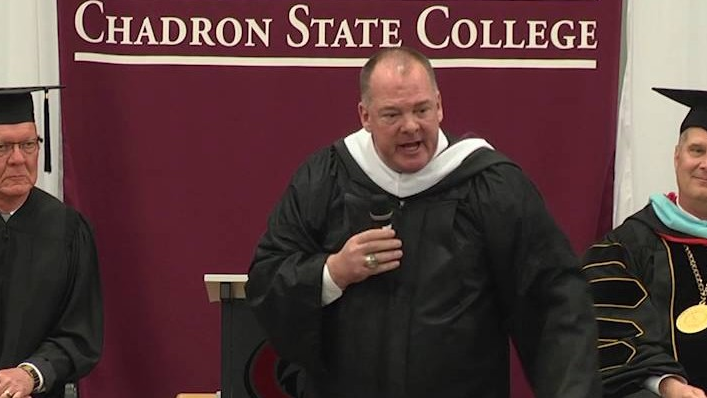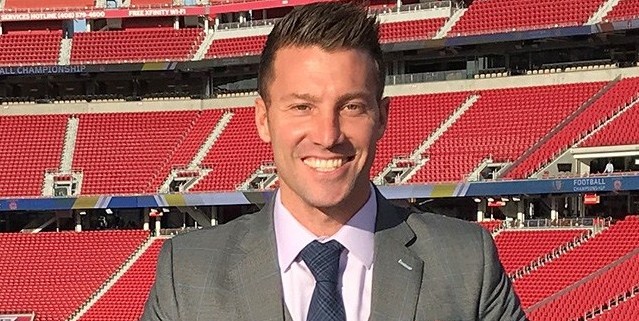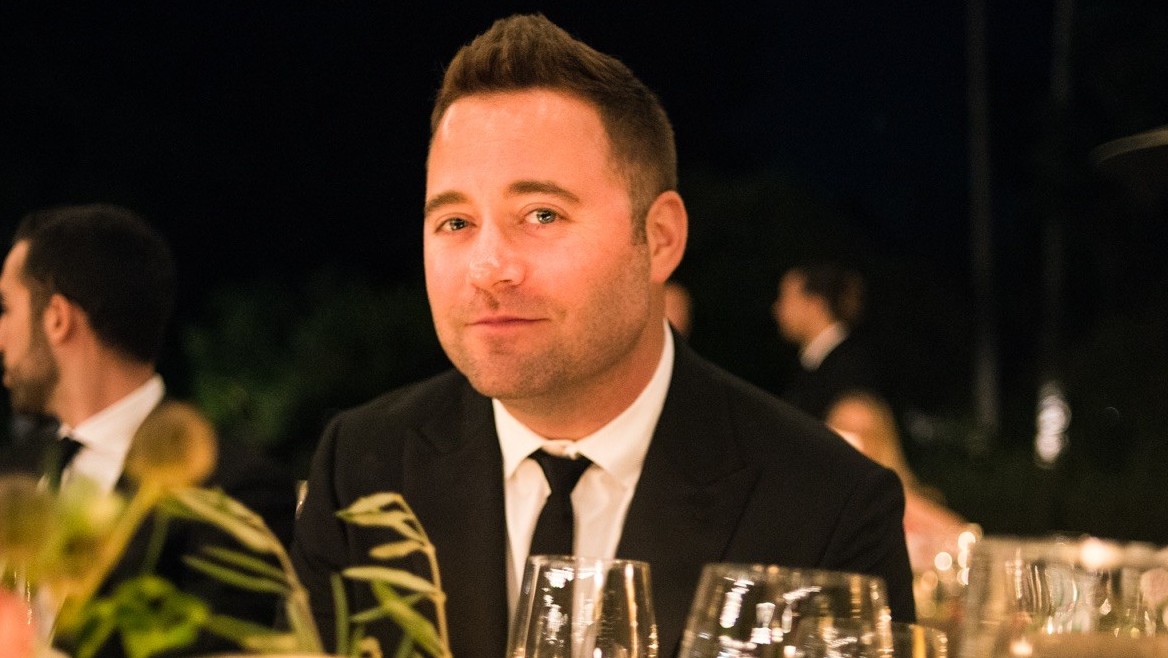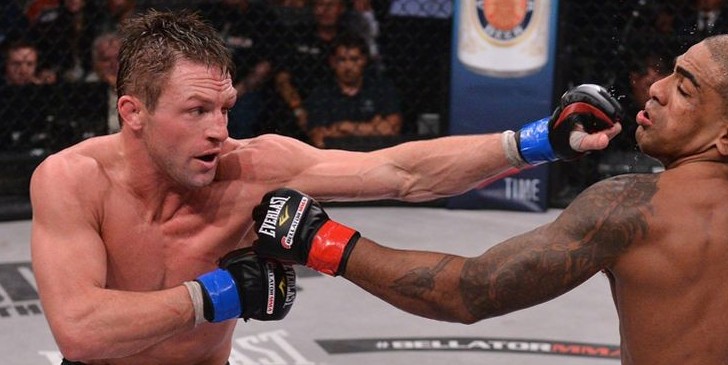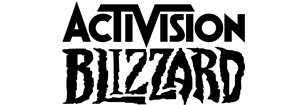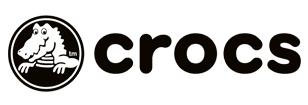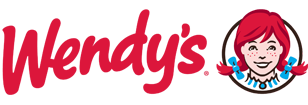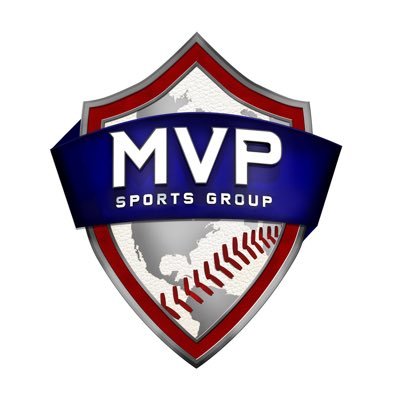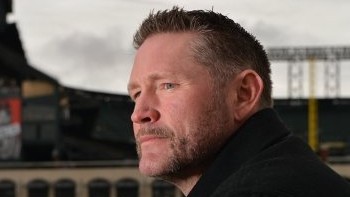
Episode 10 - Hitting Home Runs - Aubrey Huff
- By Brendan Egan
- Apr 10, 2019
In episode 10 of Let's Engage, Jake and Brendan engage with Aubrey Huff, a former MLB First Baseman for the Tampa Bay Devil Rays, Houston Astros, Baltimore Orioles, Detroit Tigers, and San Francisco Giants. As a member of the Giants, Huff won two World Series (2010, 2012) and was awarded the Silver Slugger in 2008 as a member of the Orioles. After his official retirement in 2014, Huff began color commentating college baseball for the PAC-12 Network, and co-wrote a book, Baseball Junkie, in which he opened up battle with anxiety and the pressure of playing in the Major Leagues. Aubrey is also and active speaker, and focuses his conversation on teamwork and leadership.
Listen along with Aubrey and for more information or to book him for a speaking engagement or experience, visit his profile on Engage.
--
Transcription:
Jake Olson: Welcome to another edition of Let's Engage. I am your host Jake Olson alongside my co-host Brendan Egan. We have our somewhat technician and producer Daniel Hennes in the room as well. Today we are excited to bring you another great guest, one that I envy because I was never that good at baseball, but Aubrey Huff, thank you so much for joining us.
Aubrey Huff: Thanks for having me on fellas. Hey man, you’re cutting yourself short. I'm sure you were a tremendous slash on the baseball field.
J: Well, the problem, the problem was so, you know, I grew up with just one eye and I, you know, I can see on my right eye and a, I was right handed. So I loved baseball. I mean I still, it's one of my favorite sports. My favorite sport is football. My second’s, uh, baseball. Um, and so I really wanted to be good at it, but I would stand in the batter's box and you know how little league is, um, you know, that the kids can't throw real well. And so like I would get beamed in the face and all this other stuff because I just, what does it picking the ball up out of the hand right away. Just because again, I didn't have a left ice in my peripheral vision wasn't there and my left side. So my parents were like, you should probably try to bat like left handed and I was like, I don't know.
A: Oh, it's probably a smart you got out of baseball because you didn't want to lose the sight in the other eye if you got smoked in the face, you know?
J: Yeah. No. But uh, but yeah, no, so it was, it was, it was pretty funny. But, uh, that's, that's why it kind of clicks. I, I was like, maybe it'll get to a point where obviously pitchers aren't throwing at your head accidentally, but on it, you know, whatever. But Aubrey, so did you know that, uh, you're, the only other time I've heard the name Aubrey's is cause that's Drake Aubrey Graham. That's Drake's middle name.
A: Oh, is that right? Yeah, it's funny. I, uh, I get that all the time. You know, I just like the Johnny Cash song boy named Sue. Right? So I had to kind of grow up a little bit tougher than most guys cause I got made fun of all the time. But uh, you know, I'm by and large that name, it was a girl's name and I, and uh, you know, it's funny you mentioned that because in high school I actually dated a girl named Aubrey. We lasted about... She was smoking gorgeous. Right. And it was so unfortunate because we got made fun of so much that we just couldn't handle the peer pressure and the making fun of, so we had to break it off. But you know, like if I were just knowing that when I know that, you know, then what I know now, who cares, whatever people thought, oh well when they got away,
J: Well they got away. That's pretty funny. So already, so where did he grow up?
A: I grew up in a little small town called Mineral Wells, Texas. And it's that, and it wasn't anything big at all. I mean, I think the town was maybe 40,000 people. And you know, interestingly enough, I grew up in a double wide trailer park. So, uh, my father had passed away when I was six years old. And, um, my mom raised my sister and I on her own and on a Winn Dixie salary, what she's getting her teaching degree and you know, most of my days are spent, uh, you know, just going outside, playing outside, I'm going to the creek and doing some fishing. And it wasn't until my dad passed away. It's, um, I started spending some more time, my grandmother's House and day we're die hard Texas Rangers fans growing up in Mineral Wells, Texas. And that's where my love for baseball, it kind of started. Um, my grandma would take me outside and she would pitch to me. I throw right handed, but I bat lefthanded. But as a kid I threw right handed and bat right handed. When I was six years old, my father passed and my grandmother would go outside and soft toss with these little plastic balls with the plastic bat. And I would keep continuously hitting these balls in the sight of her yard into the street where she had to go into oncoming traffic. The plate comes balls and she was arthritic. Had Arthritis and didn't really like that. But she, she gets smart. She turned me around lefthanded and then I started hitting the balls left handed onto her house and ricocheted back to her. So she didn't have to walk, isn’t that funny. Like I might not have made the bigs if my grandmother not wanting to cross the street for those balls.
J: That is really, that was really funny. So then did you play other sports in high school or just baseball was, became your love and that's what you really stuck to?
A: No, I mean honestly I um, so in high school I was a six foot four just a skinny little dude. Uh, really hadn't been a lot of weight yet and I was just an extreme, extremely good basketball player as far as shooting wise to go and I can barely dunk. But um, but I could shoot a three pointer. I made a lot of shots and, and I, and I practiced in my batting cage or growing up every single day and I love, baseball was my first love, but I was a better at basketball and uh, when I graduated high school my senior year in baseball, I would hit 300 with one home run, well not really the stats you think of future major leaguer would have. Needless to say, I didn't get a college scholarship or anything like that. I actually got offered a division two scholarship for a basketball scholarship in Kansas and then I started thinking, you know what, I'm 6’4, I can't jump. I probably have no shot in the NBA. So I walked on to a junior college and Vernon, Texas and uh, I just told myself, all right, this is the year and if it doesn't work out, we'll have to try to figure out, we're going to do with the rest of my life because I've always wanted to be a major league baseball player and I packed on 35 pounds from eating everything in sight, lifting twice a day and practicing baseball, almost twice a day. I was amazing. I had gained 35 pounds and that year in Vernon I was basically just a walk on player, hit .417, hit 17 home runs and I'm at 63 rbis and made all conference so well University of Miami came calling and when I'm there for the next two years, one get first of all American both seasons there. So what happened really, really fast. So I always tell people, you know, never, ever, ever, especially kids give up on your dreams. And me at the time, there was no evidence to the contrary that I was going to be a major league baseball player out of high school. And I just continued to grind and, and um, when I think a lot of people would just gave up and I just refused to do that, my body finally caught up with me. And then here we are.
J: Yeah. Well I, uh, you know, I can kind of relate a little bit. I was kind of like, I'm 6’4 as well and throughout high school as you know, around that 170-180 mark and then freshman year of college when I started in the weight room at, at SC. Um, and it was kind of amazing. Like, I'm sure you kind of expressed this too, but I mean trust me, I was eating and working out hard, but your body, you know, with kind of the tall frame like it wants to put on that weight, you know, it kind of really accepts it. And so, you know, by the end of my, I put on about 20, 25 pounds my freshman year. And then, you know, uh, uh, throughout, you know, I've, I'm now around two 30 ish show. I mean, I, you know, I've, I've gained around 50 pounds of, of, you know, you know, I'm sure it's not all muscle, but I'll just say muscle all as you know.
A: So, yeah, I mean, I think as I've gotten older, I've really understood the value of, of nutrition with the things that you put in your body. And um, you know, I suffered out of baseball with massive panic attacks and anxiety, depression from the transition to come out of major league baseball. And the one thing that's helped me immensely is, and I'm fully convinced that this is one, I'm getting off all the most of the booze. I was drinking in the big leagues and I got hooked on adderall during my career in baseball towards the end of it. And I had to get off that. But I think that's directly related to why I started having anxiety, depression out of the game. And I got off of his drugs. And the one thing that turned me around was, I think more importantly was the Diet and my exercise routine. Um, and, and I haven't been through very rigorous on that for the last, oh gosh, I'd say five, six years, and there's hardly a day where I'm not doing some kind of physical activity and really, really watching what I eat. Now, don't get me wrong, I still go out and have a good meal and have dessert every now and then, even on a select weekend, I'll have a few pops, but you know, by and large, man, that's, I'm pretty structured in my body and eating and what I got.
J: Like that it's fuel man like, uh, like our coach always said, you know, your, your body's a Ferrari. You know, you've got to put the good fuel in. And of course everything in moderation. But I mean, it's, uh, it's absolutely true. My Mom's really big into that. But let's talk about, well first, I mean, before we get too heavy here, but you know, how, how was it, I just want to know from being at the u, how was that?
A: Well, I was, you know, like I said, it was a Texas boy man, and I went to Vernon, you know junior college and I've never known anything but Texas. And then when I got to Miami it was, gosh, man it was culture shock to say the least. I get in there and I didn't speak Spanish. The whole town spoke Spanish and you know, so I just kind of can find myself in a little baseball bubble. But when I got there, man, obviously I was raised without a father and just raised by my mother as a diehard Mama's boy. Yeah. And so I had zero confidence. It seemed like it compared to most of these guys that are in that club house, these guys looked like big leaguers. They talk like big leaders. I mean, there was there, it seemed like I was almost unconfident guy in the room and I think I was at the time and, uh, I was terrified. I was getting picked on daily and uh, by, you know, all my teammates and Oh, here comes the redneck flannel wearing Callaway Hick, you know, just wearing me out every day. And uh, and uh, so I just wore that for like weeks and weeks and weeks. Then one day I finally said, you know what, Gosh, man, I want to go home. I'm done. I can't make it here. And uh, I remember one night, I'm sorry, I'm staying with a couple seniors who were making my life hell with the apartment as well that I was staying at. And um, I remember I called my mom one night and begged her to come get me and helped me drive home and she tried to talk me out of it desperately and I refused. I'm like no, I'm leaving. I'm leaving. I was, the truth was I was terrified. I was scared and unconfident and just new environment. And so she said, all right, well if you're not gonna stay, let me at least fly out and we'll help you drive home. So she comes in the next day and that's just, we're packing in my room. And I had my door shut and in the apartment, the two seniors were getting ready for the senior dance and like a homecoming going with the girlfriends and I hear a knock on the door that outside and, and not my door, but the front door and I heard the biggest alpha male voice on the team. I'm not going to tell his name, but he comes strolling down. I'm like, oh no, this guy, he's always wearing me out on the field that he's going to see my mom here. Oh my gosh. I should just be quiet. So I hear my bathroom shower, go on and I'm just thinking nothing of it. About 10 minutes later, my door knocks on my bedroom door. My mom's sitting on the bed. I opened the door and it's my teammate completely dripping naked. Oh No. Six pack of beer in one hand and he looks me dead in the eye. He looks at my mom like, what do you get an older woman, your room for? It looks too back in the eye. He goes, hey man, you got any soap. So I slammed the door on him and I'm just livid. If you don't do these things in Texas. Right. And uh, so I look at my mom and look at, go see mom, look what I'm dealing with here. She looks me dead in the eye and she is dying. Laughing, she goes, you know, Aubrey for a guy that big, you think you'd be a little bit more in doubt. And I thought, oh my gosh, I am being such a pansy. Right? If I, if my mom could see humor in this, maybe I can tough it out here too. So I thank my teammate back then to this day for what he did, because I don't think if that happened I would made all American. I just, I just, that might, my mindset shifted, right in there. I chose not to be fearful and scared anymore and just started when I got to the field the next day just started talking trash the guys right back and instantly I was accepted and I felt like.
J: I can't imagine, I can't imagine you know, with, with uh, you said your, your history of dating Aubrey in high school, you would have been that in college.
A: But no man, I was a very uncomplicated growing up. It was, you know, to be honest with you, it was pretty amazing. I actually did get to the big leagues is that, um, as unconfident, I was at times in my life and I think a lot of us are as human beings and especially then, I think we hide a lot of our insecurities. Trying to think as the world tells us, we need to be tough and strong, especially as a professional athlete, not to show any emotion or, or any fear or anything like that. And I think professional athletes as we get towards the end of our career we transition, we don't know how to handle the transition because we've been taught to toughen up and then we get out of it and in the real world kicks our butt and we don't know how to, you know, confide in our wives or our friends or go to therapy and talk through our issues. And we just kind of get stuck because we feel like we can handle it all on her own. It's a tough place to be.
J: So talk about kind of depression a little bit. I mean, obviously you, you, you said you struggle with that, so, you know, how, when did that start creeping in and kind of, how did you deal with that?
A: Well, it started with anxiety in 2012. Um, I had just gotten off the Adderall in 2012. I was using it from 2009 to 2011. For about three seasons there. And then it came to a time where, you know, I was gonna lose my family or, or, or, um, get help. I actually went to Rehab in 2010 and then I relapsed. And then finally my wife left me at the time until I proved her I was clean. She came back, thank God. And, um, in 2012, I played the game clean and, uh, I pretty much didn't drink no more. And, and, uh, and I remember one night in New York City were playing the Mets and, uh, it was about three in the morning. It's a hotel. And I remember waking up to go take a piss and I'm walking back to my bed. I just cold sweats. Heart starts to race because I had no idea it was one on, I thought I was having a heart attack and I had instantly just packed my bags, went down to hop in a cab. I said, I'm not going to die in this hotel room and I'm going to get home to my family. I got a flight to Tampa and I'm having like a two and a half hour of panic attack on the plane. By the time I landed, I started to come to my senses and I was like, what in the hell was that? And um, you know, I got diagnosed with anxiety disorder, panic disorder, and it was on Xanax the rest of the year. Lost, basically lost my job and that was, we won the world series that year or 2012 and I was a ghost and a, I road off in the sunset after that world series a two times champ. But I didn't feel like I earned it. And then after I retired thinking the anxiety would go away because baseball's over. What do I got to be worried about? The anxiety just got worse. And that led to daily, daily panic attacks and nightly depression. 2014 I was literally in my closet with a gun to my head, ready to kill myself. And I remember thinking to myself, well, I had a three 57 magnum pressed against my temple with the hammer pulled back. And I was looking at myself in the full length mirror. I had a shaved head, all the tattoos, the goatee, the whole look like it was a bad ass. But deep down inside I was just as scared, terrified kid still as I had that three 57 magnum to my head, I remember right then and there I was like, oh gosh, my father was murdered by a three 57 magnum. And so I yank the gun down and put in the floor and I cried and I prayed, you know, just ask for all in some kind of help. And uh, slowly but surely I started doing a lot of internal work and started eating better. Started working out with, we've talked about earlier and slowly but surely I started turning my life around.
J: Did you, did you have a good support system around you?
A: Oh yeah. My wife was always very supportive. Um, my mom's very supportive. My, uh, like obviously my kids were there, but they didn't really, I didn't really tell them a small amount of time. They were too young. I was at the time, I started a little bit of therapy. Um, obviously I needed some help, but it's, uh, you know, you know, unfortunately some of the things that I did on Adderall when I played was too much for my wife to overcome eventually. So we recently got divorced here in the last year, which is unfortunate and there was just some things that she could never get over and she tried her best for six years. Um, I regrettably know that you, when you take Adderall for those all those people that are listening to this podcast, it, that it'll change it to somebody you absolutely hate. You'll do things you'd never thought you'd do. I mean, I, it's, I'm Dr Jekyll and Mr. Hyde when I was on Adderall, so that was a dangerous guy on it. Invincible. I thought I could get away with anything. And, and uh, ultimately some of the things that were just burning her brain could not get over over the years. And, and um, you know, I blamed my behaviors on adderall for our divorce today
J: How, you know, this, this is like how long did it take you to kind of be able to open up and you know, again, talking before what you were mentioning where you know, I agree, you are taught to kind of suppress things and not let emotions kind of gets you and not, you know, not show weakness, you're teammates into the media and everything like that. How long did it take you to really feel it, feel that emotion open up about it. And even today, you know, telling us about this stuff.
A: Well, I think after 2014, like I told you how I had that gun to my head and I put it down and walk out of that closet and I thought to myself, dude, I mean, I could be dead. Yeah, yeah. I know I'm in a really bad place. You know, I, there was a thought that when in my mind is I walked out of that closet, man, hold on. If, if I could somehow overcome all this, what a, what a freaking story that I could have to be able to encourage so many people out there that are struggling with anxiety, depression, drug addiction, alcohol addiction, whatever. I mean somebody that was less, had a platform that I had with baseball, two world series of stuff and know that if somebody like me can go through anxiety and depression with all the fame, the money, the material bull crap that comes with all the professional athlete, which is all alive by the way, that doesn't make true happiness. And, and I realized that over the years. And, and um, I thought to myself, man, if I could truly get myself right, I could make people realize just how, how much hope there is for them and they're not alone. Because honestly, when I was going through those things, anxiety, depression, suicidal thoughts, honestly guys, I mean there's over 6 billion people on the planet. I thought I was even more going through it. And most people think that they're the only one in they’re not.
J: So is that, is that, is that what you want to do now? Is that, is that kind of your, your passion in life and just going in and helping people that were in your situation?
A: Oh yeah. I think that's one of my biggest burning desires in my heart and my gut. Um, I also think, you know, I've got a lot of really great stories on, you know, the grind of how I made it to the big leagues and never giving them, giving up on your dreams. Like I told you when I was in high school and um, you know, uh, didn't give up. I could've walked away. And it's interesting, I have a pretty cool story. When I was a kid, when my dad died, my mom brought us home tickets to a Texas Rangers game. And at the time I remember as a six year old kid, I was painting all the major league baseball logos on these canvases. And I had this logo about 18 by 12 of the Texas Rangers logo. But I painted. I took her to the Rangers game from my first ever major league baseball game and got there for batting practice. And I rushed down to the ranger side of the dugout. And I remember Jeff Houston was a shortstop for the Rangers at the time. He came over to sign my canvas. He was so impressed it by, and he brought over 13 other rangers to sign that canvas. And I remember walking away that day, knowing without a shadow of a doubt, I knew what I wanted to do with the rest of my life to be a major league baseball player. I told my mom and the car on the way home, I said, Mama I know what I want to be. When I grow up, I want to be in major league baseball player. And if you buy me a pitching machine and a batting cage, I will buy you a house and car one day. And she says, oh, that's sweet honey. And uh, just pounded her and pounded her for the rest of that year. And finally and Christmas Day, um, everybody's opening Christmas presents on their tree. My sister, my mom, my grandparents, and I got nothing. My sister's tearing up in the last present of the tree and, and uh, I'm crying because I had no presents. My grandpa comes over, blindfolds me, walks me out to the backyard, they take the blindfold off. There's that pitching machine and the fully erected batting cages they put together themselves over the last couple of days And um, I made a point that day to hit 200 bullet balls from the day I was six years old to the day I graduated high school, everyday without, without quitting. And I made a pact with myself every single day. I did that 200 balls. And um, so fast forward all of those, sorry, when I'm hitting as I'm hitting in the batting cage, right? All these years, I'm picturing myself hitting a home run right down the right field line ant Arlington stadium in a world series game to win the game. So you fast forward to 2010. Who are we playing as a San Francisco Giant, I was a San Francisco giant at the time. We're playing the Texas Rangers in the same park I grew up watching as a kid, I step up to the plate game three, bottom, top of the third inning, first pitch from Tommy Hunter inside fastball. I hit it right down the right field line for a game winning, two run home run. Just like I envisioned thousands of thousand times as a kid. That is so special. Yep. And during that time as a kid, during that time as a big leaguer, I was able to buy my house. My mom had a house in that car that,
J: That is an awesome, awesome story.
Brendan Egan: It's amazing Aubrey. So, so of put us on the other side of the, of the, of the bat. So you told us a great story of some players have touched you when you were a kid and, and, and signing the logo. Do you have a favorite story or two of you being a professional and, and maybe touching someone's life in a way that, you know, five minutes a your, day maybe changed their life or meant the world to them?
A: Absolutely. I have a buddy in Texas named Jessie Sinaga and I went to high school, wasn't he reached out to me in 2010 before we got to the playoffs. And uh, he had told me, hey man, I have a, um, a friend here who has a little boy named Joe Turner who has cancer and he's about the, the time is like seven years old. And for whatever reason, as I'm reading this letter sit there that uh, that uh, Jessie sent me and it had shown his family on it and I was just touched. And I thought to myself, man, even what, hold on a second. We're, I'm, I'm living a great life. Everything I've ever wanted to have in baseball right now and I want to give back to this kid. Just something told me to. And uh, so I called Jessie and I said, hey man, have Joe and his family take a trip out here for the weekend series against a, I think it was the Reds at the time trips on me. I'll pay for it. I'll get them tickets and I'll get it. I'll put them out on the hotel. So I put their entire family up and Joe came to the field that day with his family. They were on the field for BP. I took him in, in the cage to hit and then inside the San Francisco cage. And, and uh, I think that he told me that day, it was kind like a Babe Ruth's story. He said to me, well, you hit me a home run Mr. Huff. And I'm like, well, I'll, I'll give it a shot. Right. And, uh, that day I hit a home run and the, and the, uh, the camera panned to him and his family in the stands during the game. It was really, really cool. Cool. Off. Very emotional. And the kid actually to this day and me and him keep in touch him, and he's beaten cancer. Awesome. Yeah,
B: That's amazing. And I'll agree. I don't, I'll read, I don't know if you know, so I mean, Jake, Jake himself has, has beaten cancer multiple times. So I mean, that's the, that's definitely a touching and fitting story to hear. So that's, that's really incredible.
A: Well, hey man, congratulations. That's a fight of your life brother. Literally, Huh? Yeah,
J: it was, um, where do you, where do you keep those rings?
A: You know what man? I got, I just keep them in my safe upstairs. Uh, I very rarely wear them, I used to wear them on date night with my wife before we got divorced. I kind of put them to rest, but, uh, um, yeah, I just, you know, so much in my life has been baseball and, and I think a lot of, a lot of the issues I have coming out of the transition of baseball, I was still like identifying myself as a professional baseball player even when I wasn't. And uh, and every time I would wear the ring out a baseball it would remind me of my past and I was still a baseball player, so I had to put those away and then, you know what, I'm not a baseball player no more. Let's move on. You're a father, you know, and um, you know, as I'm starting this new career path now with speaking and, and blog writing, it's been very, very purposeful. I think baseball and I hope you're baseball's a lot of selfish, driven money, maybe kind of lifestyle and um, I was never going to be able to fulfill that void out of the game and being able to share my experiences, my stories and all the struggles I've had in my life. Um, when people now is what really lights me up to be able to serve and help people out.
J: Well I admire that and obviously your, your newfound passion is one that it has and is going to touch many, many lives and I applaud you for that. Um, you know, obviously being on Engage. We want to help you, help you in that in every way we can and you know, to book to Book Aubrey, you can go to letsengage.com. Thank you so much. Aubrey for joining us today.
A: Pleasure man. Looking forward to work with you guys.
J: Yeah, absolutely. To book, Aubrey. Uh, you could go to letsengage.com. He's got an amazing story and obviously a heart for helping people. So we encourage you to do that and to book any of other talent. You can also go to letsengage.com and we appreciate you joining us today and listening. Until next time again, Brendan Egan, Aubrey Huff and Jake Olson signing off.

